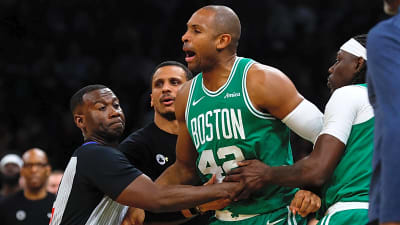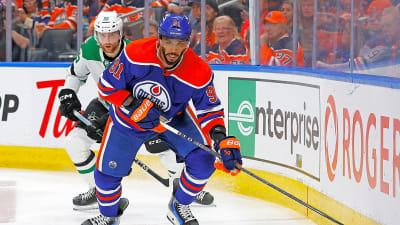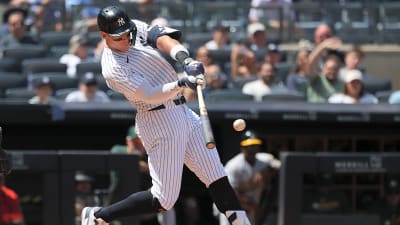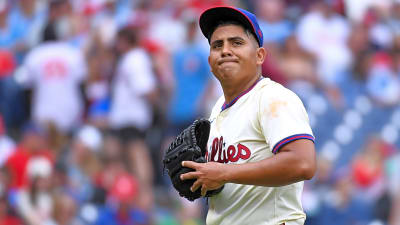
Last night’s first round of the NHL Draft saw several surprises, and the Pittsburgh Penguins were at the center of a few of those draft-day decisions. First, they selected forward Benjamin Kindel of the Calgary Hitmen at 11th overall. This is not a knock on Kindel; he is by no means a bad player, but there were several other more highly touted prospects available, including Victor Eklund, Carter Bear, and Jackson Smith. Many outlets did not have Kindel pinned as a first-round pick (From ‘Final 2025 NHL Mock Draft: Matthew Schaefer projected No. 1, surprises could follow’ – The Athletic, 6/27/2025).
No worries, though, the Penguins also had the 12th overall selection and surely will select one of the previously mentioned players, right? Well, as Forrest Gump said, “Life is like a box of chocolates, you never know what you are going to get.” Penguins general manager Kyle Dubas proceeded to trade the 12th overall pick to the state rival Philadelphia Flyers in exchange for picks 22 and 31 in the first round.
Why This Is a Significant Decision
In a vacuum, this may not seem like a newsworthy move by the Penguins. In fact, it is probably a good move; two is better than one in many cases, especially when it comes to first-round picks, but for the Penguins, it marks a significant transition in organizational philosophy regarding the future. The Penguins made three selections last night, which equals the total number of first-round selections made by the franchise since 2014. You read that correctly: since 2014, the Penguins have made a selection in the first round only three times (2019, 2022, 2023). The Penguins habitually traded their picks to acquire veterans to make a push for the Cup. It is hard to argue that logic; the Penguins won the Cup in 2016 and 2017, and have been a perennial contender for the Cup until the last three seasons.
The problem with continually mortgaging the future is that you deplete your prospect pool, and gradually your roster gets older, and you delay the dreaded rebuild. Last night signaled that the Penguins are embracing a rebuild. The Penguins could have done the safe thing and selected Bear, Eklund, or Smith at 12th overall, but they opted to trade for additional draft picks. To use Dubas’ words, “You’re trying to find that balance between having a lot and having quality… and we have to deliver. We believe that all three are going to be very high-quality players in the NHL.” While the quality of these players is yet to be determined, it may take four or more years to know this, one thing is for sure: the Penguins are trying to greatly add to their prospect pool.
Rebuilds are like a Cold War era arms race, you need as many weapons (in this case, players) to add to your arsenal to improve your chances of overwhelming the competition. By adding numerous young players via the draft, you are adding throws at the dart board, hoping you hit a bullseye. The draft is a coin flip; the players selected are 18 years old, and it is almost impossible to predict how they will develop both as players and individuals. This is why scouts make a lot of money, yet the draft is like rolling the dice. The Penguins could have traded the 12th pick for an established player like Minnesota Wild forward Marco Rossi or Buffalo Sabres defender Bowen Byram and immediately made their team better, but instead they selected multiple prospects who will, in all likelihood, not wear a Penguin sweater for multiple years.
By selecting Kindel, Bill Zonnon, and Will Horcoff, the Penguins are embracing the long road to relevance. Instead of flipping the 12th overall pick for an immediate solution to their many problems, Dubas opted to bank on future success from these players. These selections also show that the Penguins are seriously preparing for life after Sidney Crosby when that day comes.
More must-reads:
- Wild acquire former first-round pick from Red Wings
- Golden Knights reportedly acquire, extend Mitch Marner
- The 'First-overall NHL Draft picks' quiz
Breaking News
Trending News
Customize Your Newsletter
 +
+
Get the latest news and rumors, customized to your favorite sports and teams. Emailed daily. Always free!








